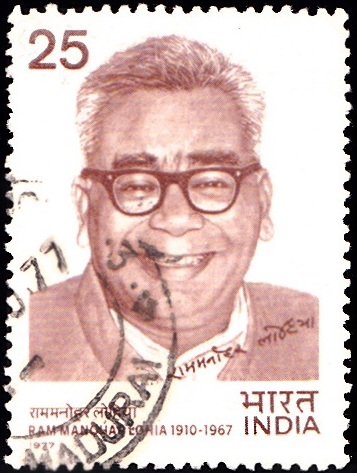
Ram Manohar Lohia 1977
A commemorative postage stamp on the Death Anniversary of Ram Manohar Lohia, an Indian freedom fighter and socialist political leader :
Issued by India
Issued on Oct 12, 1977
Issued for : The Posts and Telegraphs Department is proud to bring out a commemorative postage stamp in honour of this great son of India.
Description of Design : The design of the stamp depicts the portrait of Ram Manohar Lohia. The autograph in Devnagri of the personality also appears on the stamp.
Type : Stamp, Postal Used
Colour : Red brown
Denomination : 25 Paise
Overall size : 3.91 X 2.90 cms.
Printing size : 3.55 X 2.54 cms.
Perforation : 13 x 13
Watermark : Printed on unwatermarked adhesive stamp paper
Number printed : 50,00,000
Number per issue sheet : 35
Printing process : Photogravure
Designed and printed at : India Security Press
Name : Ram Manohar Lohia
Born on Mar 23, 1910 at Akbarpur, Ambedkar Nagar, Uttar Pradesh, India
Died on Oct 12, 1967 at New Delhi, India
About :
- Dr. Ram Manohar Lohia was born on March 23, 1910 in Akbarpur in Faizabad District. After graduating from Vidyasagar College, Calcutta in 1929, he proceeded to England and Germany for higher studies and took a Doctorate degree from Humboldt University in Berlin.
- Lohia returned to India in 1933. He became a founder-member of the Congress Socialist Party in 1934 and was the first Editor of the weekly “Congress Socialist“. He also became Secretary of the Foreign Department of the Indian National Congress. The approaching shadows of World War II led him, along with some other younger leaders, to propose the launching of a Satyagraha for Indian independence. He was arrested by the British Government for obstructing the supply of men and material for the war.
- Ram Manohar Lohia took an active part in the Quit India Movement in 1942 and was one of the leaders who went underground. He set up secret radio stations in Bombay and Calcutta and also worked for “Azad Daste” in Nepal territory. He was arrested in 1944. On release from prison in 1946, he was offered the Secretaryship of the Congress Party but he declined as he did not agree that the Congress President should also be the Prime Minister or that any member of the Working Committee should be a Minister. He, along with certain other socialist leaders, finally left the Congress in 1948. In 1952 they merged with the Kisan Mazdoor Praja Party and formed the Praja Socialist Party. However, he resigned the Secretaryship of the party as a protest against the refusal of Pattom Thanu Pillai, Chief Minister of Travancore–Cochin, to quit office on the issue of police firing on language agitators in 1954. He formed the Socialist Party at Hyderabad and himself became Chairman and Editor of its organ, “Mankind“, in 1956. He was elected to the Lok Sabha in 1963. In 1964, the Socialist Party merged with the Praja Socialist Party, which then came to be known as Samyukta Socialist Party. However, strong differences continued on account of insistence of the followers of Ram Manohar Lohia on Hindi as the national language, the rights of untouchables and the principle of no compromise with either the Congress or the Communists.
- Ram Manohar Lohia died on October 12, 1967, at Willingdon Nursing Home, New Delhi, following an operation.
- A staunch advocate of socialism, Lohia was a crusader for social justice and always had uppermost in his mind the cause of the weak and the downtrodden. The high-light of his personality was his refusal to compromise with his basic principles for the sake of political expediency. He believed that by remaining in the wilderness and insisting on his ideological purity, he was serving the nation, though the results may not be achieved in his life time.


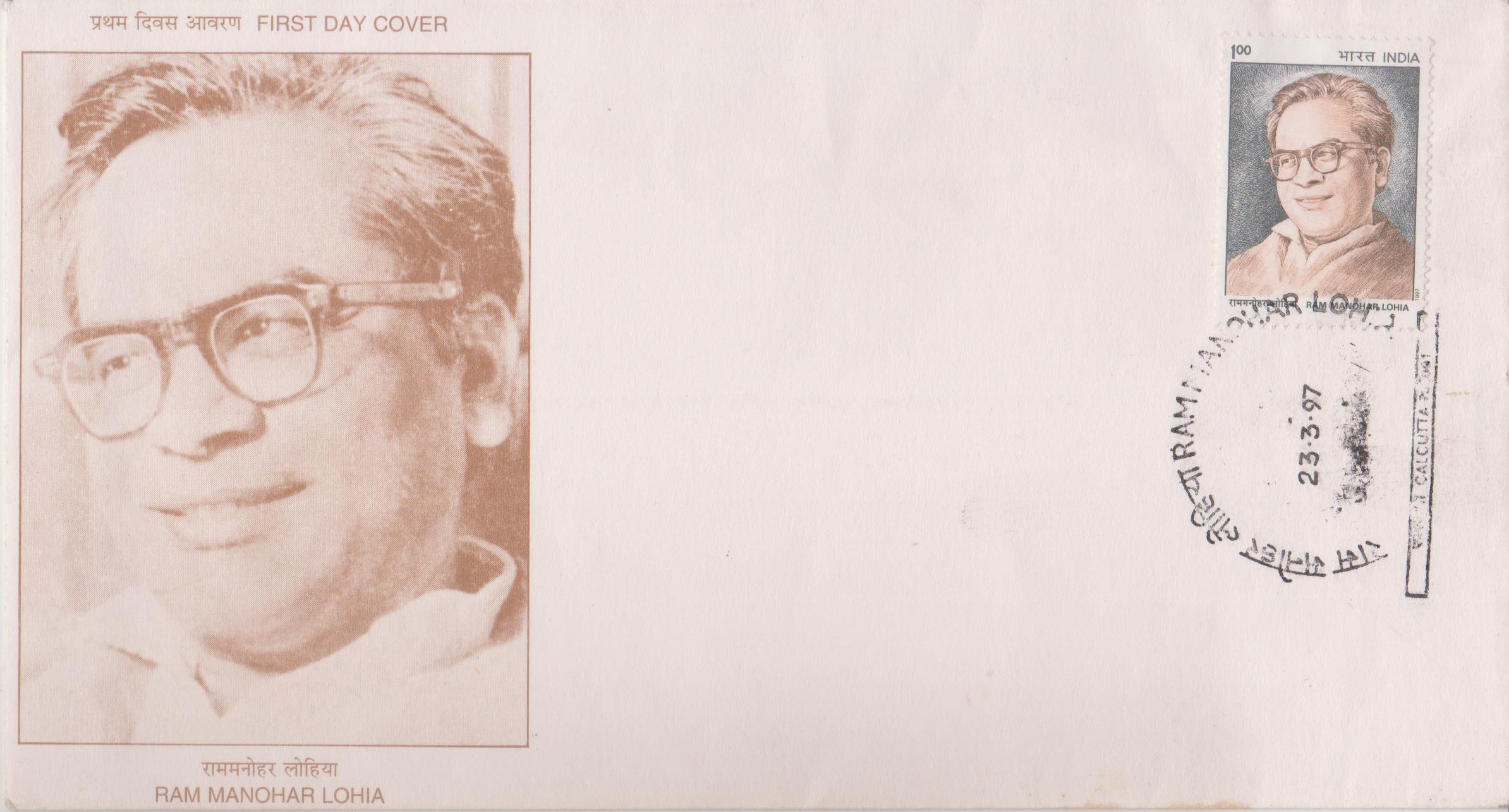
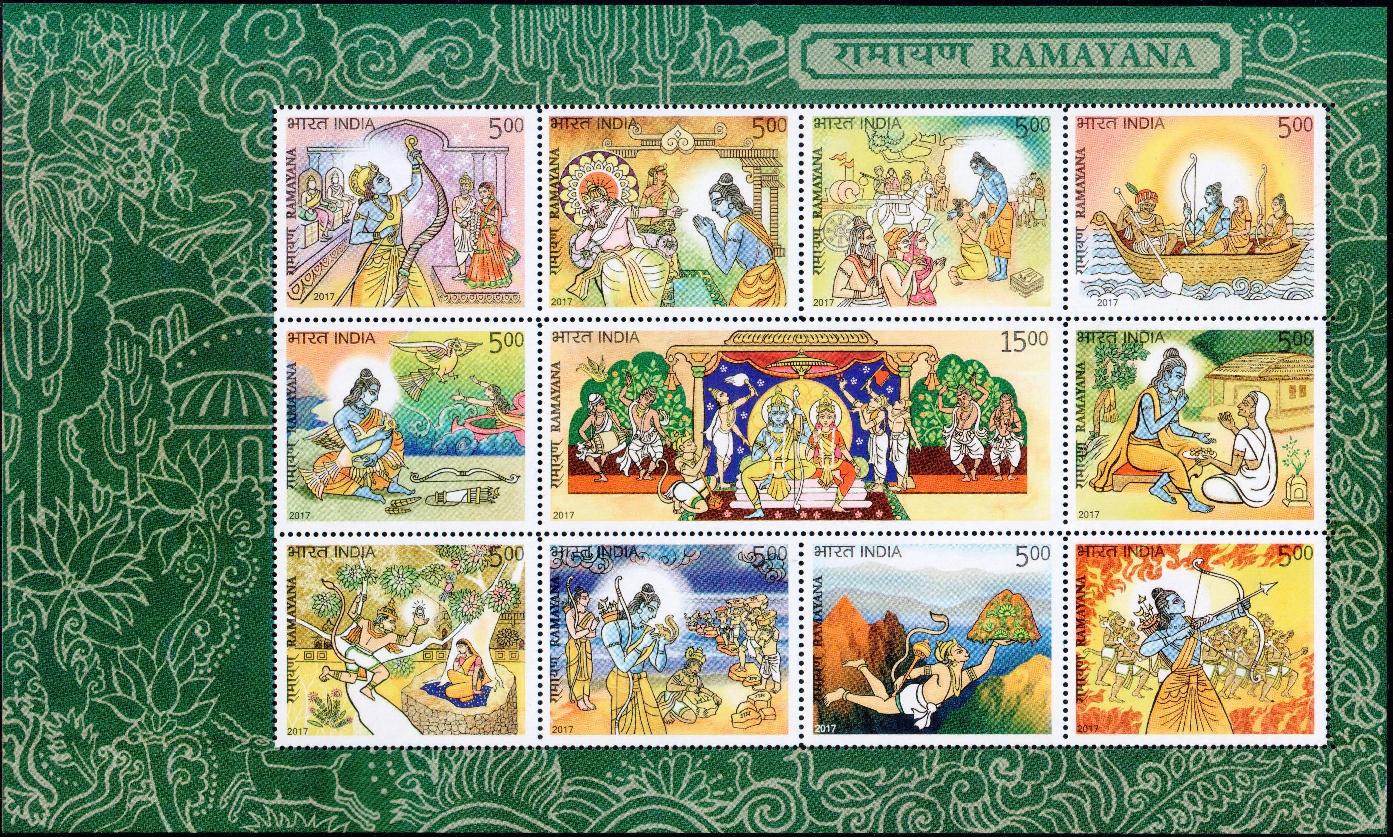
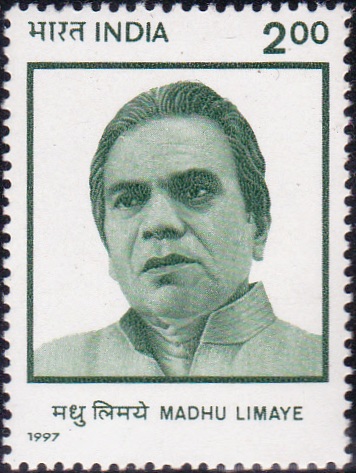
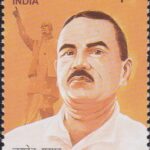
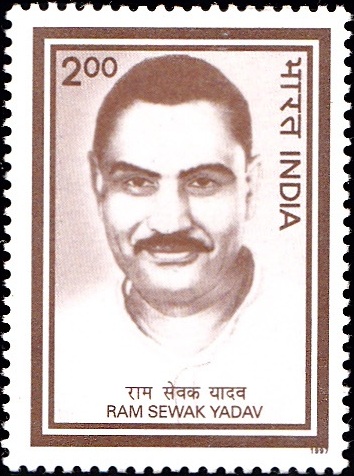
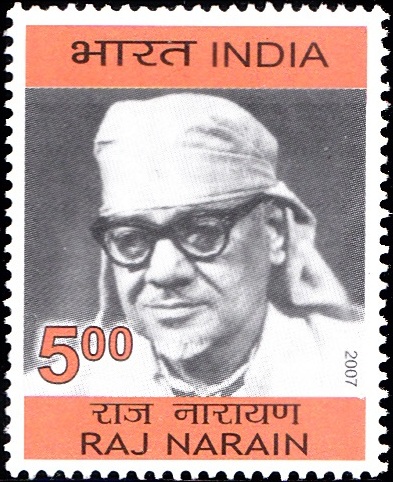
[…] 18th June 1946 people assembled under the leadership of Dr. Ram Manohar Lohia to defy the curbs on civil liberties and chart out the future course of action towards freedom and […]
[…] and LLB, he joined Socialist Party and held many party positions. He was very close to Dr. Ram Manohar Lohiya who described him as “a person who has heart of a Lion and practices of Gandhi”. Along with Dr. […]
[…] socialist ideology of Ram Manohar Lohia had a tremendous influence on Jagdev Prasad. He joined the Socialist Party and contributed his […]